
What You’ll Learn:
- Why AI search engines have way stricter speed requirements than Google
- The 100-millisecond “AI cutoff” and how it affects your practice’s visibility
- How to run a quick website speed test (no tech background required)
- The simplest, highest-impact fixes to speed up your dental website
- Which technical issues slow down most dental sites and how to clean them up
- How hosting, DNS, and CDNs influence both SEO rankings and AI-generated answers
- Why faster load times lead to better user experience, more clicks, and more new patients
Table of Contents
- Why Dental Website Speed Suddenly Really, Really Matters
- Start With a Speed Check: Run These Tests First
- Quick Wins: Fixes Any Practice Can Make Fast to Speed Up Your Dental Website
- Code & Content Clean-Up: Nerdy but Necessary
- Hosting & Infrastructure: Your Website’s Engine Matters
- Redirects: Clean Up Your Digital Hallways
- Why This All Matters for SEO and AI Search
- FAQ
Why Dental Website Speed Suddenly Really, Really Matters
A sluggish website has never been a good thing, but more and more, slow load times aren’t just annoying. Those extra seconds are now a major threat to your online visibility, especially as AI-powered search tools become the new front door to the internet.
In a recent episode of the Byte Sized Podcast, Emily Richardson, COO and Founder of KNWN, dropped a stat that should make every dental practice owner get their tech guy on the phone ASAP:
“AI stops trying to load your page at 100 milliseconds.”
Yes. 100 milliseconds. One-tenth of a second.
This is a massive shift. For years, traditional SEO recommended loading your site in 2–3 seconds to stay competitive on Google. But AI platforms like ChatGPT, Gemini, Perplexity, and others operate at a totally different speed standard. They pull answers instantly, scavenging the web in a blink. If your page doesn’t load fast enough, AI simply moves on, often grabbing information from faster competitors.
Or worse… it kinda makes things up.
Richardson cautions that when AI can’t load your site quickly enough, it may skip you entirely or hallucinate details about your practice. Like inventing services you don’t offer. Or new hours. Or a fictional third location that sounds great… until patients show up and find a Taco Bell.
So website speed is no longer just about patient experience or Google rankings (though those still matter). It’s about making sure AI can actually see your site long enough to quote it accurately.
The good news is that getting your site faster doesn’t require a full rebuild or a developer who speaks fluent Klingon. In this guide, we’ll cover simple, practical, dentist-friendly ways to speed up your website so Google loves it, AI can read it, and patients aren’t left staring at a blank screen wondering if your practice also runs 10 minutes behind.
Start With a Speed Check: Run These Tests First
Before fixing anything, you need to know how slow your website actually is. Luckily, you don’t need a developer or a 12-tab diagnostic setup, just a couple of free tools:
- Google Lighthouse (built into Chrome)
- PageSpeed Insights
Run your homepage through both and look for these key metrics:
- Core Web Vitals
- LCP (Largest Contentful Paint): How fast your biggest element loads
- FID (First Input Delay): How quickly your site responds to taps/clicks
- CLS (Cumulative Layout Shift): How much your layout “jumps” around
- Time to First Byte (TTFB): How fast your server responds
- DNS Lookup Time: How quickly your domain resolves
- Overall Performance Score: A simple snapshot of your site’s health
These numbers tell you where the bottlenecks are—whether it’s hosting, images, code, or scripts—and they help you prioritize fixes for both Google rankings and AI readiness.
Once you’ve run your tests and identified the slow spots, you’re ready for the quick wins.
Here’s a quick visual snapshot that shows just how differently Google and AI search engines judge website speed:
Website Speed Requirements: Google SEO vs. AI Search Engines
| Platform / Standard | Acceptable Load Time | What Happens If You’re Slower |
| AI Search Engines | 0–100 ms | Your site is skipped; AI may use another source or hallucinate details |
| Google SEO | 0–2.5 seconds | Rankings drop, lower Core Web Vitals, higher bounce rates |
| User Experience (Patients) | 0–3 seconds | Visitors abandon the page, fewer conversions |
Quick Wins: Fixes Any Practice Can Make Fast to Speed Up Your Dental Website
You don’t need to rebuild your entire website to make it AI-fast. Start with these simple, high-impact tweaks that dramatically improve load time.
Optimize Your Images (Your Biggest Speed Booster)
Dental websites are often photo-heavy (team photos, smile galleries, office shots), which means oversized images are usually the #1 cause of slow load times.
Quick fixes:
- Compress images before uploading
- Resize photos to reasonable dimensions
- Use modern formats like WebP
A few minutes of image clean-up can shave full seconds off your load time.
Reduce HTTP Requests
Every image, script, icon, plugin, pop-up, and tracking snippet is a separate “request” your site has to load. Too many requests = slow website.
Solutions:
- Remove unnecessary plugins
- Consolidate scripts
- Limit decorative images and heavy add-ons
Clean pages load faster and rank better.
Use Browser Caching
Caching lets your website store key files on a visitor’s device so it loads faster the next time they visit.
For dental practices, this means repeat patients get an instant experience, which is great for SEO and user satisfaction.
These quick wins alone can dramatically improve both traditional dental SEO performance and your chances of clearing that 100-millisecond AI visibility threshold.
Code & Content Clean-Up: Nerdy but Necessary
These fixes are the behind-the-scenes tune-ups that make your dental site load faster and feel smoother.
Remove Render-Blocking JavaScript
Many dental sites run slow because scripts from pop-ups, chat tools, appointment widgets, or old plugins load before the important content.
Quick fix: audit your plugins and remove anything outdated, unused, or duplicate.
Minify CSS and JavaScript
Minification removes extra spaces, line breaks, and comments in your code, making files smaller and faster to load.
Most website builders and hosting platforms offer one-click minification, so this is an easy win.
Limit External Scripts
Tools like review widgets, map embeds, and marketing pop-ups are useful, but each one adds load time. If it’s not essential, remove it. If it is essential, replace it with a lighter version.
Taking a few minutes to clean up extra code and scripts can dramatically reduce load time and keep your site stable for both Google and AI crawlers.
Hosting & Infrastructure: Your Website’s Engine Matters
Even the best-optimized dental website will crawl like a stressed-out snail if its foundation is slow. These back-end upgrades make some of the biggest speed improvements.
Choose Fast Hosting (Under 200 ms Response Time)
Cheap shared hosting is one of the most common reasons dental websites underperform.
A slow server = a slow site, no matter how good your content is.
Upgrading to a reputable, performance-focused host can instantly speed up load times.
Upgrade Your DNS
DNS is basically the “phone book” that tells the internet where your website lives. If that lookup is slow, your entire site starts slow.
Switching to a faster DNS provider is a small change with a big payoff.
Use a CDN (Content Delivery Network)
A CDN stores your site in multiple locations around the world, delivering it from the closest point to the visitor.
This is especially helpful for:
- Multi-location practices
- Mobile visitors
- Practices far from their hosting provider’s server
It’s one of the most effective ways to meet that ultra-fast AI loading threshold and speed up your dental website.
Keep Your Site Secure Without Slowing It Down
DDoS attacks, bad bots, and spam traffic can bog down your site. A good security provider filters out the noise without slowing down real patients (or AI crawlers).
Tuning up your hosting and infrastructure is like upgrading from a slow, sputtering drill to a brand-new electric handpiece; everything works faster and smoother immediately.
Redirects: Clean Up Your Digital Hallways
Redirects are useful, but too many of them can slow your site way down. Every redirect adds extra steps for the browser:
Page A → Redirect → Page B → Finally loads
A few milliseconds here and there may not sound like much until you remember AI only gives your site about 100 milliseconds before it moves on.
Quick tips:
- Remove old redirects from past website redesigns
- Avoid redirect chains (A → B → C → D)
- Update internal links so they point directly to the final destination
Think of this step as clearing out old clutter so your website loads cleanly and instantly, no detours required.
Why This All Matters for SEO and AI Search
Speed has always mattered for SEO, but now that AI-driven search has entered the chat, it’s become a deal-breaker. Google uses Core Web Vitals and page speed as ranking signals.
When your site loads quickly, you get better organic rankings, higher Google Maps visibility, lower bounce rates, and more patient conversions.
AI platforms, on the other hand, don’t just rank sites, they decide which sources to pull from when generating answers, and they only pull from sites they can load almost instantly.
If your website isn’t fast enough, AI doesn’t see it, doesn’t quote it, doesn’t include our practice website in answers, and may pull information from someone else instead.
Still, speeding up your dental website doesn’t have to be complicated. In fact, most of the biggest improvements come from a few simple fixes. Here’s a quick recap of what really moves the needle:
- Test your site’s speed so you know exactly what’s slowing things down
- Fix the easy stuff first—images, scripts, and caching
- Upgrade your hosting and DNS if your server response time is dragging
- Keep your site clean and lean by removing unused plugins, redirects, and heavy add-ons
- Aim for AI-level speed, not just “good enough for Google”
Because here’s the bottom line:
A fast website gets seen. A slow one gets skipped.
As AI-driven search becomes the default for patients looking up services, providers, and recommendations, speed will be one of the most important factors determining whether your practice shows up or disappears into the digital background.
If you want help making your dental website faster, more visible, and better optimized for both Google and AI search, My Social Practice can handle everything for you, from performance tuning to full website rebuilds.
Just say the word, and we’ll help you speed up your dental website so even the AI will say, “Whoa.” (Or, it would if it were sentient. Maybe one day.)
Frequently Asked Questions
What is a good website speed for a dental practice?
A good target for traditional SEO is a load time under 2.5 seconds, but AI search engines now expect your website to start loading in under 100 milliseconds. The faster your site responds, the more likely it is to appear in Google results, Google Maps, and AI-generated answers from platforms like ChatGPT or Gemini.
How can I quickly improve my dental website speed?
The fastest improvements usually come from a few simple fixes: compress your images, remove unnecessary plugins or scripts, enable browser caching, and upgrade slow hosting. These steps dramatically improve Core Web Vitals and help your site meet both Google and AI visibility standards.
Why does website speed affect my dental SEO and AI visibility?
Google uses speed as a ranking factor because slow pages lead to higher bounce rates. AI platforms rely on even stricter standards — if your website doesn’t load in roughly 100 ms, AI may skip your page entirely and pull information from faster competitors. Faster sites get more visibility, more clicks, and more new patient opportunities.
About the Author: Megan Nielsen is an SEO strategist and the Grand Overlord of copywriting at My Social Practice. My Social Practice is a dental marketing company that offers a full suite of dental marketing services to thousands of dental practices throughout the United States and Canada.
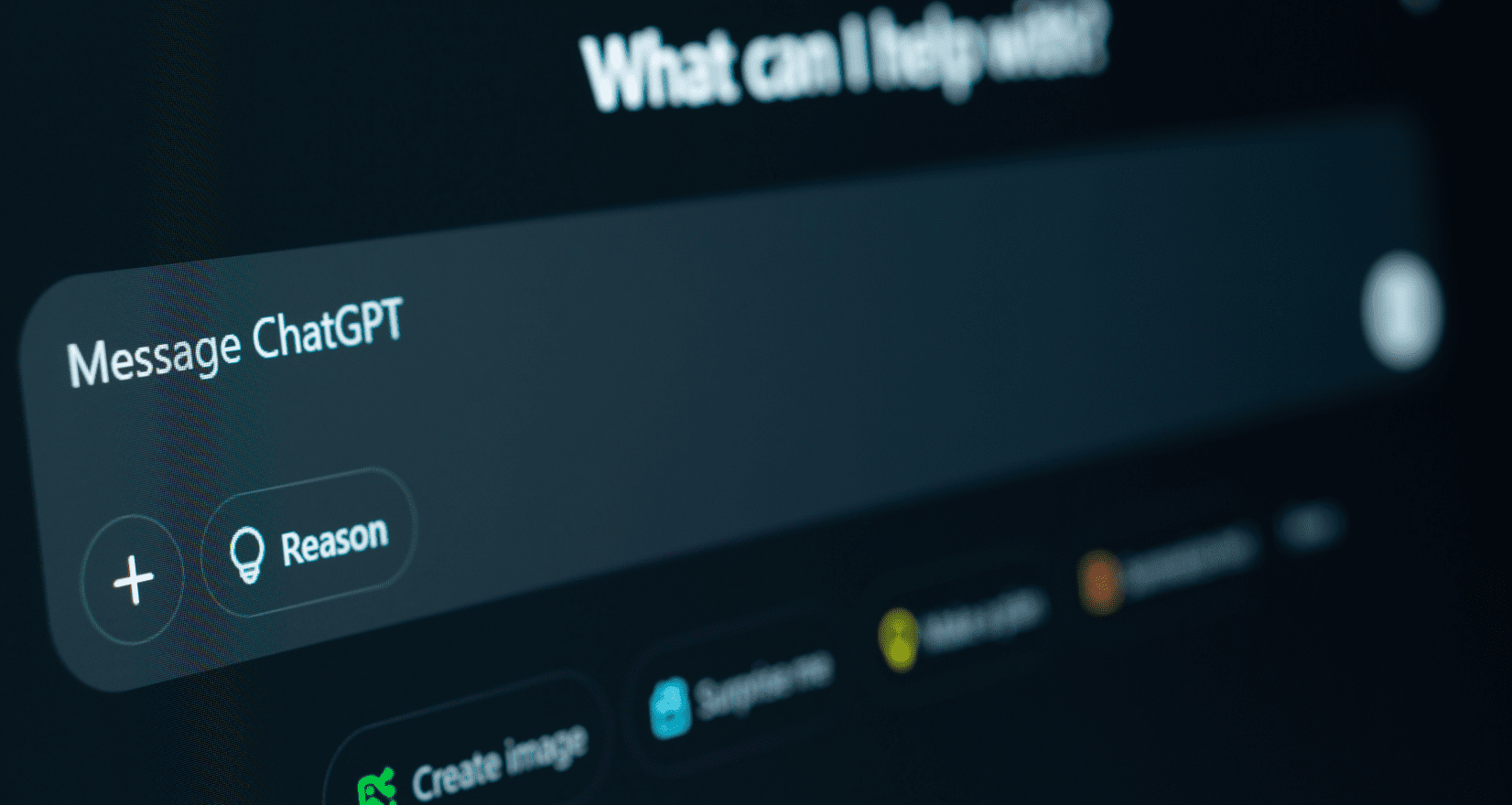
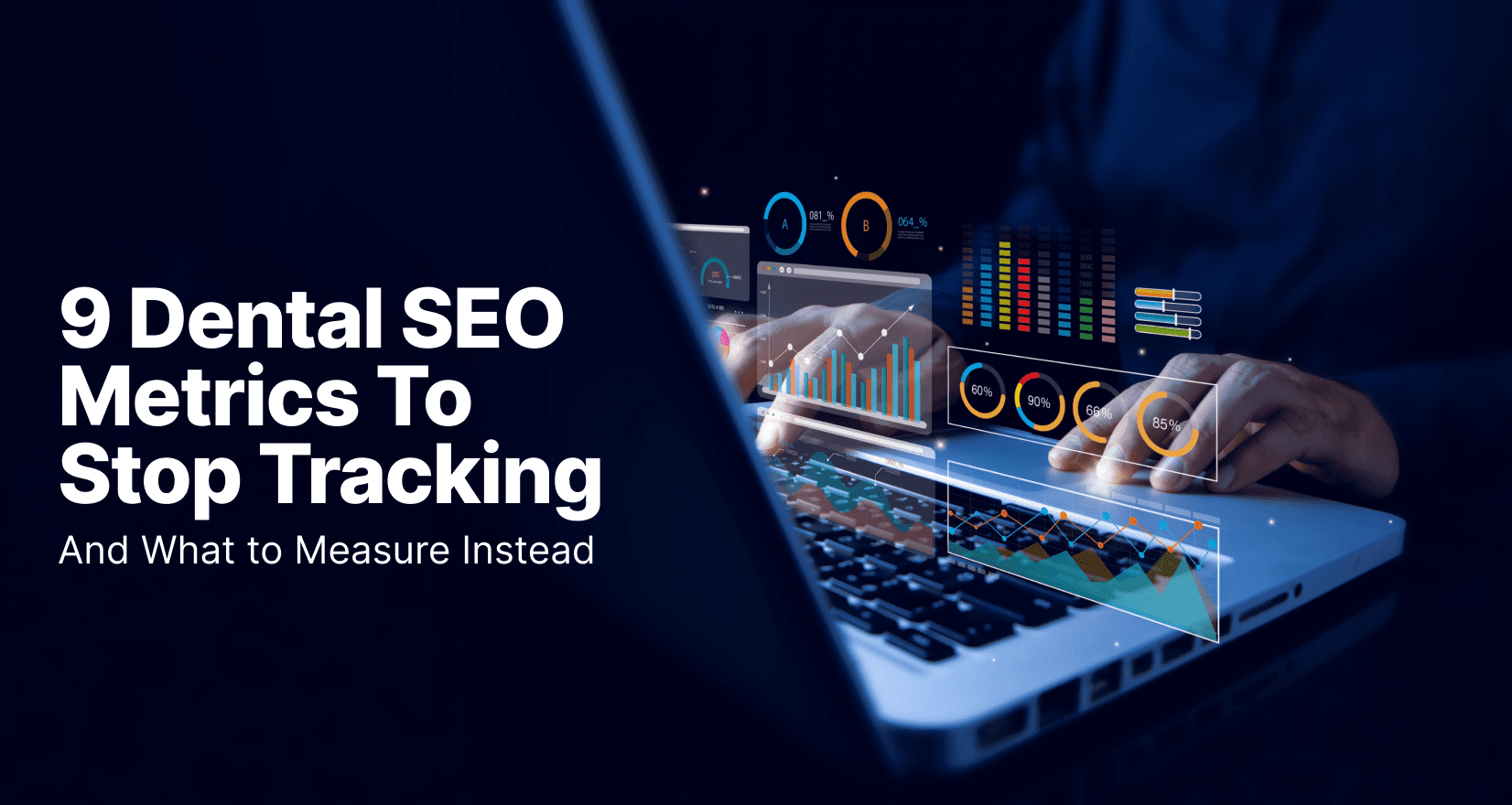
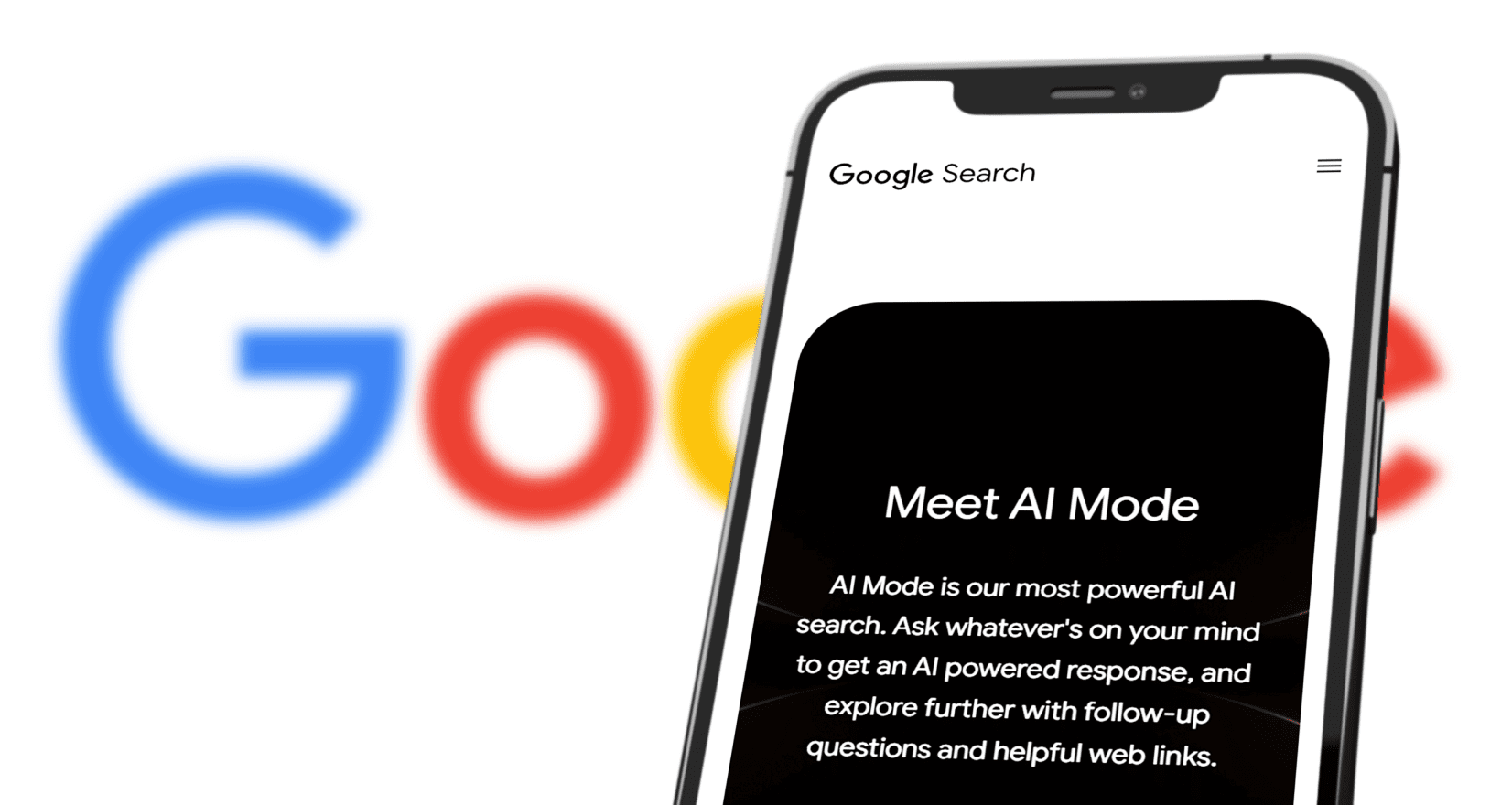
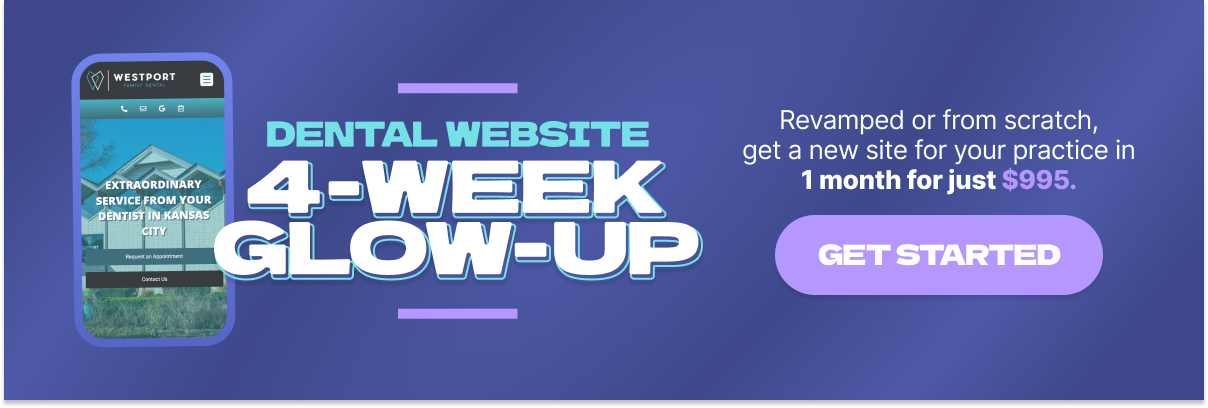
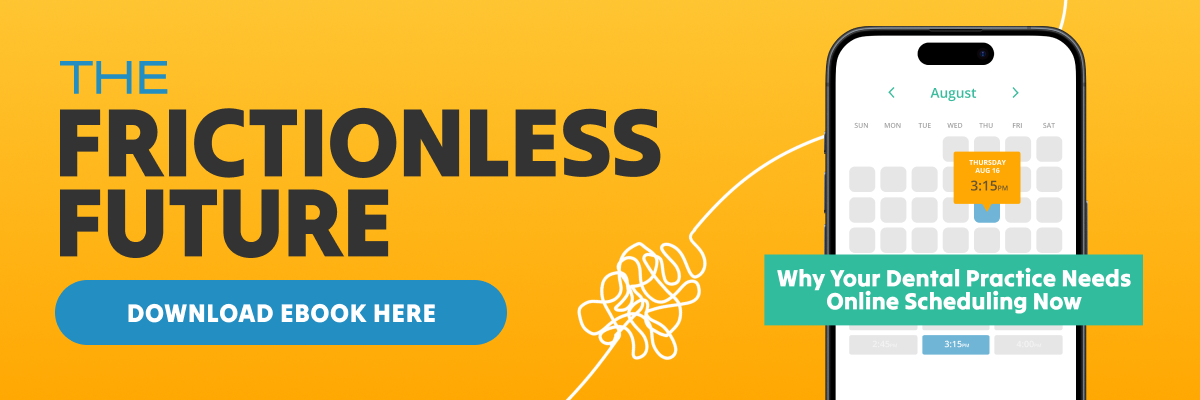

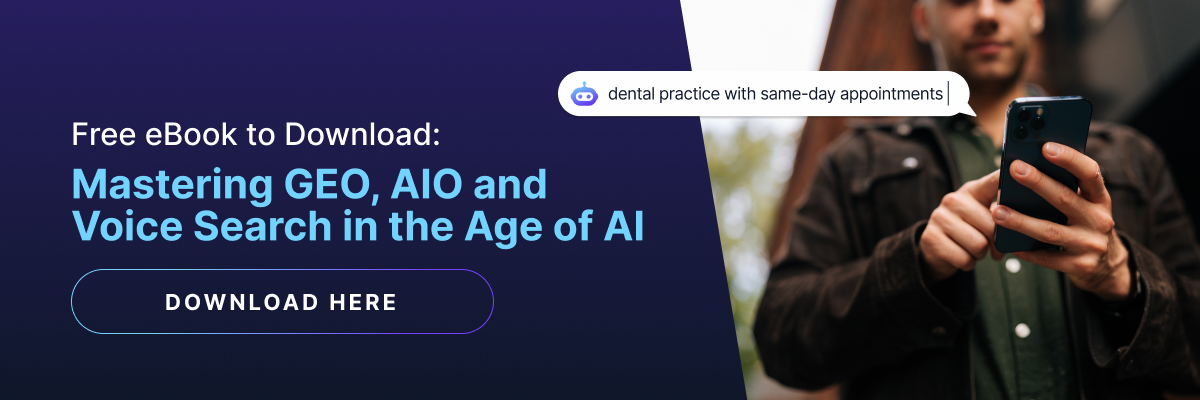


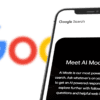

![[Byte Sized Podcast Ep. 31] The Death of DIY Dental Marketing: Why Even Social Media Experts Are Hiring Out - speed up,dental website - My Social Practice - Helping dental practices find new patients My Social Practice - Helping dental practices find new patients - speed up,dental website](https://mysocialpractice.com/wp-content/uploads/2026/02/byte-sized_ep31-100x100.png)